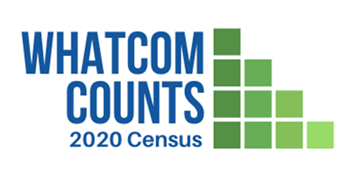

Every 10 years, the U.S. Constitution directs government officials to conduct a Census of everyone living in the United States (not just citizens). This year’s Census is now underway. All households should have received official Census Bureau mail with detailed information on how to respond to the 2020 Census. You will have three options for responding:
- Online
- By phone
- By mail
Completing the Census using one of these methods will prevent a visit to your home from a Census worker.
Here are a few important things to know about the Census:
- There is no citizenship question. No one will be asked about their citizenship.
- The Census involves basic questions about how many people live in your household and whether you own or rent. It shouldn’t take more than about 15 minutes to complete, probably less!
- The Census results touch every aspect of our lives, affecting everything from where businesses locate to funding for schools, clinics and libraries; from the number of congressional seats and electoral college delegates we’re allotted to legislative boundaries and voting rights enforcement.
- An incomplete count means our businesses, school districts, health care providers, nonprofits and governments will all be making decisions based on data that undercounts our population. The decisions will affect the next decade (until the next Census) — or for generations in the case of infrastructure.
- For every person not counted, our county loses an estimated $25,000 over the 10-year period until the next Census.
During the 2020 Census, the Census Bureau will never ask you for:
- Your Social Security number
- Money or donations
- Anything on behalf of a political party
- Your bank or credit card account numbers
To avoid scams related to the Census, click here. To learn more about the security of the information you provide, click here. For general information about the Census, click here.
If you haven’t yet provided your Census information, do it today!